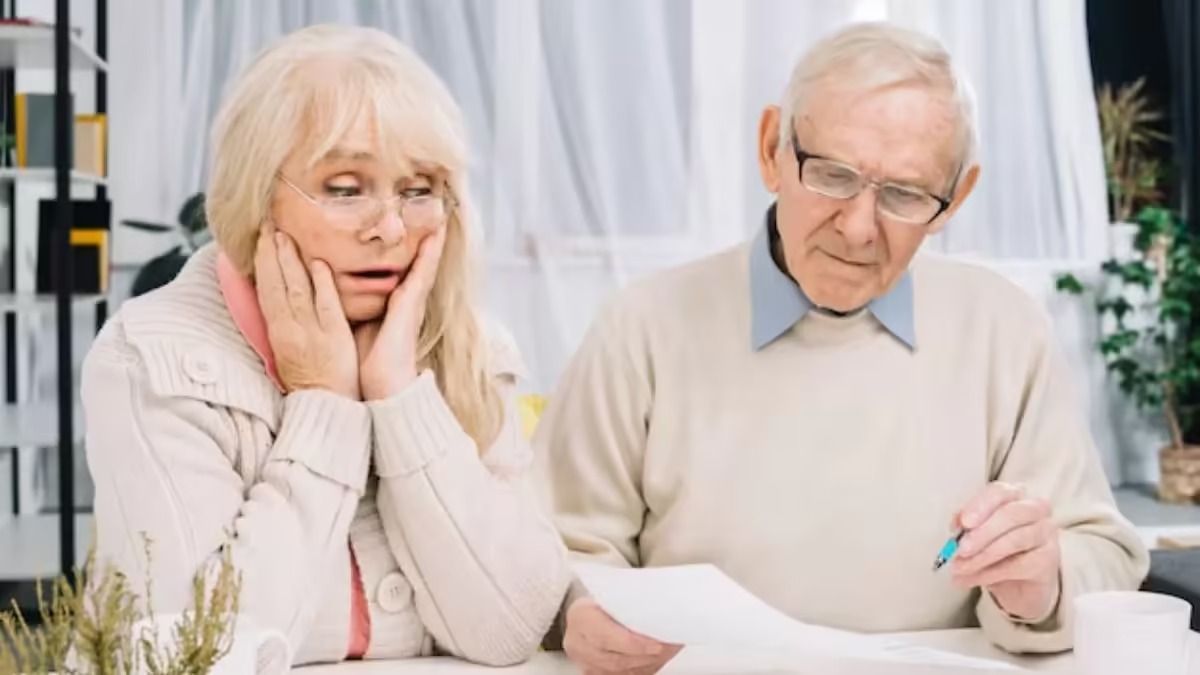
Retirement Depression Symptoms: Retirement is the time to start a new chapter of life. People dream that after retirement they will live their life according to their wish, take time for their hobbies etc. However, this is not necessary. Many times retirement becomes a cause of sadness and disappointment instead of happiness.
Dealing with sudden changes in life can be very difficult. This can leave people feeling aimless or directionless. Retirement depression is one such condition in which a person feels sad, anxious and indifferent towards life after retirement.
Due to this, your life can become difficult after retirement, but why does this happen? What reasons (Retirement Depression Management Tips) can be responsible for this and how can it be managed. Let's find out.
Causes of Retirement Depression
There can be many reasons for retirement depression, such as-
- Identity Crisis- After working for a long time, work becomes a person's identity. After retirement, losing this identity can leave a person feeling empty.
- Changes in social life- There are many friends and colleagues at the workplace. After retirement, the social circle may reduce, which may lead to loneliness.
- Financial worries – Income may decrease after retirement, which may increase financial worries.
- Health problems – Health problems can also increase with increasing age, which can promote depression.
- Worry about the future – Uncertainty about life after retirement and worry about the future can also cause depression.
Retirement Depression Symptoms
The symptoms of retirement depression can be similar to those of general depression, such as:
- sadness and despair
- insomnia or excessive sleepiness
- Loss of appetite or excessive hunger
- Fatigue and weakness
- lack of focus
- Losing interest in hobbies
- feeling lonely
- Suicidal thoughts
How to manage retirement depression?
There are many ways to manage retirement depression, such as-
- Start new activities – Trying out new activities like travel, reading, sports, or volunteering can help keep yourself occupied.
- Strengthen social connections - Spend time with family and friends. Join groups or clubs to meet new people.
- Adopt a healthy lifestyle – exercise regularly, eat a healthy diet and get enough sleep.
- Seek help from a psychiatrist – If the depression is severe, it is important to seek help from a psychiatrist or psychologist.
- Make a financial plan – Making financial plans for retirement can help reduce anxiety.
- Develop positive thinking- Take help of techniques like meditation and yoga to increase positive thinking and self-confidence.
--Advertisement--

 Share
Share



